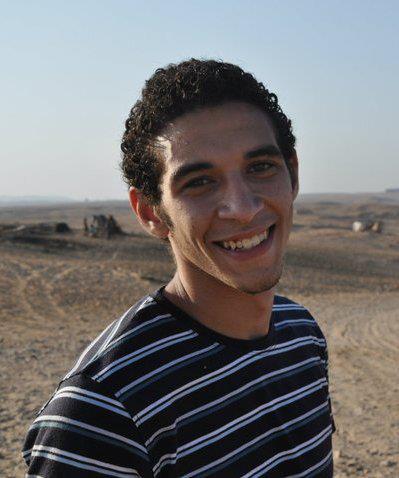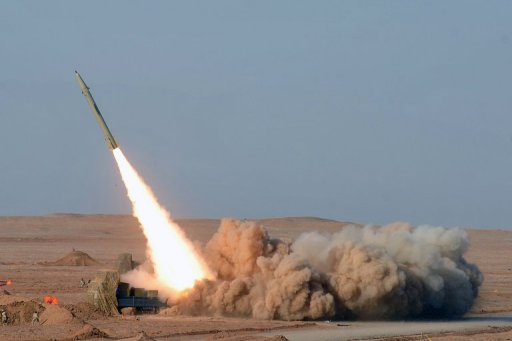CAIRO: In a broadside that reflected Arab frustration at the lack of progress in the peace process, Arab League Secretary General Amr Moussa hit out at the "credibility" of the international community’s dealings with both sides during a press conference with Middle East Quartet envoy Tony Blair.
Speaking in Cairo Wednesday, Moussa said that the “credibility of negotiations” was being lost, because it “comes from fairness. We fail to understand the logic of moving from proximity talks, which are failing, to direct [negotiations].”
The Secretary General said that Israel was being given a wider berth by negotiators despite flaunting many of the peace agreement’s stipulations such as the continued building of settlements. He added that the siege of Gaza continued despite calls to end it.
Blair said, “The boycott on settlement activities is one issue, but is not the only issue, to give credibility to these negotiations. So there are other factors that are being discussed between the parties in order to build a confidence that these negotiations will be real, credible and constructive.”
On Gaza, Blair said, “What has been agreed to happen in lifting the blockade on Gaza actually happens and is implemented,” referring to the so-called negative list, which means that any item that is not banned by Israel from going into Gaza should be allowed in, as opposed to only a list of permitted items.
Israeli Prime Minister Benyamin Netanyahu had recently met US President Barack Obama in Washington implying that a temporary frostiness in relations between the two allies was thawing.
“The reports coming out of Washington show a new situation, giving a new umbrella of protection to a party and the other party is totally in the dark,” Moussa said. “We have seen promises for the last 20 years; we need something concrete in order to be able to move.
“We were the proponents of the peace process,” he added, “Now we have a totally different situation which is allowing Israel to have an ambiguous nuclear program outside the scope of any supervision with the argument that Israel is a special case. Every country is a special case, the security of each country is a special case.”
Proximity, or indirect talks, brokered by the United States between Israel and the Palestinian Authority have largely failed, weakening the possibility of direct talks between the two sides.
Talks are being hindered by the continued expansion of Israeli territories and the situation where Gaza has remained under siege for over three years now. Additionally, stalled reconciliation talks between Palestinian factions Hamas and Fatah brokered by Egypt are also an impediment.
Blair said, “People want to see reconciliation (between Palestinian factions) but it’s got to be reconciliation that is sustainable. And that is not just an issue for the Quartet or the Palestinian Authority, but is also an issue for Hamas as well.
“I think there can be reconciliation, but it has to be reconciliation on terms that promote the peace process and the two-state solution, and that’s the issue at the present time,” he added.
Moussa says senior Arab diplomats will meet July 29 to evaluate the results of the indirect talks, which started in May.


